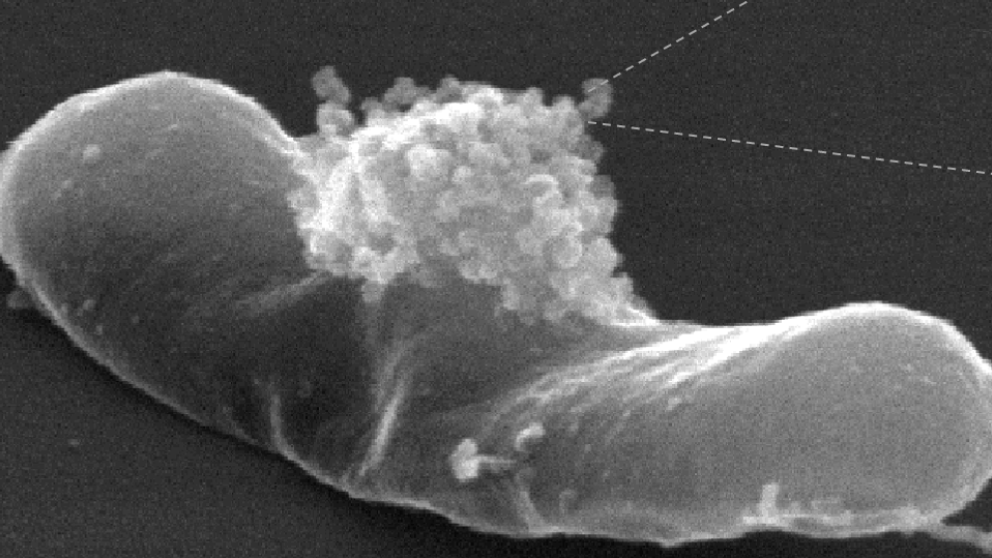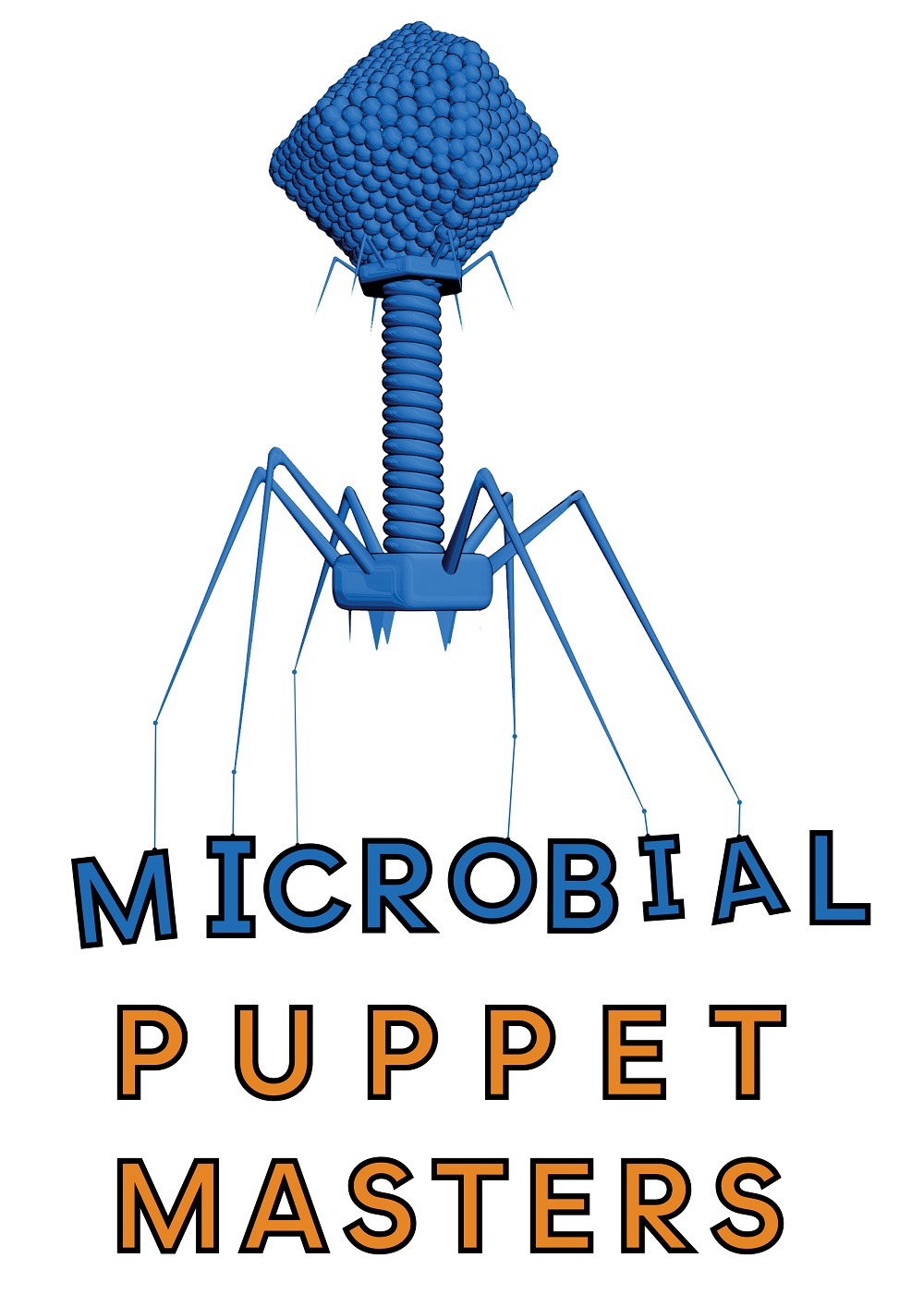Pulling Back the Curtain on Microbial Puppet Masters

University of Salford Scientists will be taking their research to The Royal Society Summer Science Exhibition that takes place this week between 6-10 July.
Each year, the Royal Society throw open its doors to over to thousands of visitors to speak with the country’s top scientists about the latest big topics in research. Just a handful of outstanding research groups and science communicators are selected to showcase their work in new and exciting ways.
BBSRC funded research at Salford in collaboration with colleagues at The University of Liverpool. Together, their work investigates bacteriophages (phages), which are viruses that infect bacteria. The team are using a range of molecular approaches to find out how these viruses act as puppet masters to control the way that bacteria behave in lung infections.
Dr Chloe James, The University of Salford said: “We are honoured to be part of such a prestigious event and to have the opportunity to throw light on such an awesome area of research that is really taking off right now. Bacteriophages have been in a perpetual evolutionary dance with their bacterial hosts for millions of years. Some are being developed as antibacterial therapies, but others can form cooperative partnerships with the bacteria they infect. Our research is pulling back the curtains on a set of phages that make bacteria more able to survive in the body and cause disease.”
The team have worked with immersive artists, Paul Miller and Richard England, to create "VR-AIRWAYS” an immersive journey through a diseased lung, magnifying the microbial communities that inhabit the airways of people with cystic fibrosis. They have also partnered up with the University of Salford’s Morson Maker Space, a unique digital fabrication lab, to create giant interactive models.
Dr Heather Allison, University of Liverpool commented: “I’m really looking forward to bringing the collaborative BBSRC-funded project led by me at the University of Liverpool to the public this year at the Royal Society. Dr. Chloe James, my collaborator at the University of Salford is the Microbiology Society’s Co-Chair of Impact and Influence Committee and has a fantastic track record, tool box and well-developed partnerships for bringing together outstanding public engagement events.
“We are extremely excited to talk about phages, our hands on demonstrations and our virtual reality experience that will let visitors really understand that bacteria get viral infections, too – and sometimes these infections results in obtaining superpowers."
Dr Jo Fothergill, University of Liverpool said: “It’s a privilege to be part of this exhibit. I’m looking forward to communicating about the different roles of phages from contributing superpowers to the bacteria to a potential therapy to combat antimicrobial resistance. It’s such a fascinating area and there’s still so much we don’t understand. The virtual reality journey into the lung is fantastic, an opportunity to see our research come to life before our eyes!”
A team of 21 researchers from both The University of Salford and the University of Liverpool will be at the Summer Science event to talk about the different ways that they are working with bacteriophages, The diverse team includes Undergraduates, PhD students, Postdoctoral researchers, and Lecturers.
Dr James added: “I love working with others at the boundaries of science and art. It really makes you think about how your research is perceived by others and why it is important. We are excited to see peoples’ reactions when they see up close what happens when phages infect bacteria. A better understanding of these interactions could lead to new ideas about how we manage bacterial infections. This is crucial in the face of the growing global crisis of antimicrobial resistance."

For all press office enquiries please email communications@salford.ac.uk.
Share:
